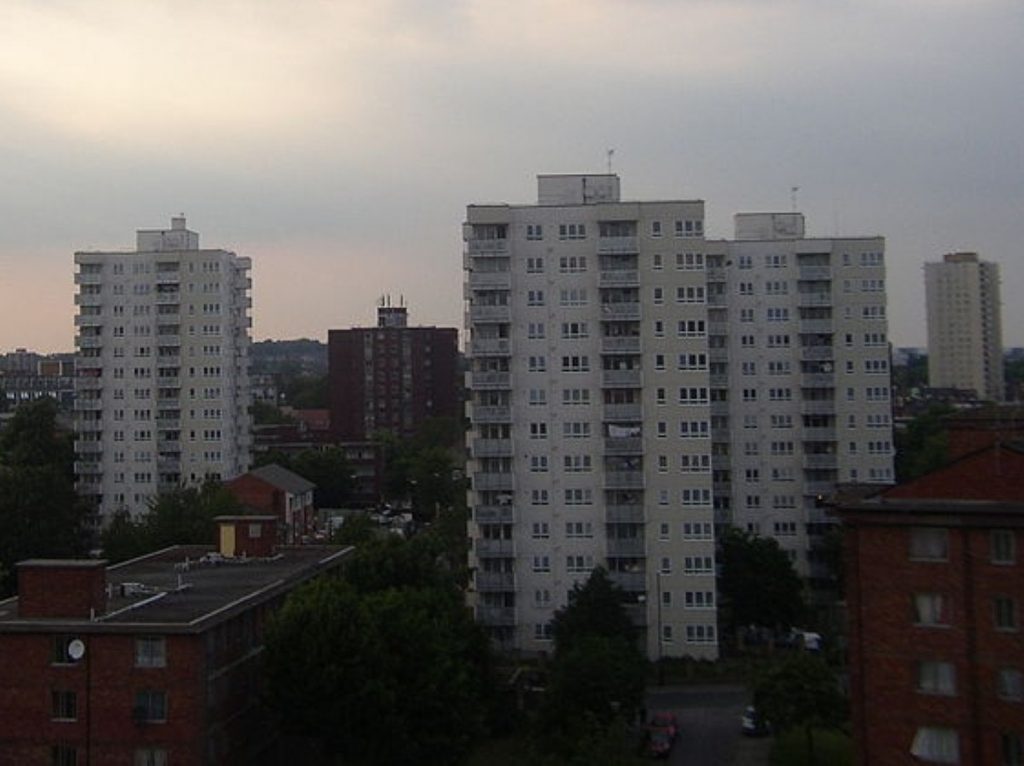Govt unclear over social rent ‘lottery’
Housing experts are struggling to pin the government down over its plans to hike social housing rents to 80% of market value.
The spending review announced plans to allow social landlords to charge new social tenants intermediate rental contracts at rent levels of up to 80% of market rates.
The measure had triggered concern that in expensive areas like central London affordable housing provision could suffer significantly as a result.


But a Department for Communities and Local Government (DCLG) spokesperson confirmed the measure would allow housing associations to charge up to 80%.
Decisions on how much to charge tenants are made by registered social landlords, following dialogue between local authorities and housing associations.
A housing official at a London borough council told politics.co.uk he welcomed the government’s move to introduce the new intermediate rate, saying: “Anything that introduces more flexibility is a good thing.”
But a Shelter spokesperson suggested some bodies may choose to increase the rate to 80% in order to increase their revenues.
And the National Housing Federation’s (NHF) Henry Gregg raised concerns that the move could result in a lottery for social tenants.
“The real question is how these properties are going to be allocated,” he said.
“Say you have one property charged at 80%… and one at the normal social housing rent. Who do you put into those properties?
“If there are two people at the top of the social housing waiting list, do you put the first one in the social rented property and the second one in the 80% property?”
A key concern for the overall cost of the housing benefit bill is the question of who pays for the 80% of market rate properties.
Mr Gregg said it was not yet clear whether a tenant receiving full housing benefit housed in an 80% property would simply end up costing more to the taxpayer.
The NHF insisted today that the government could end up paying more in housing benefit as the 80% threshold means more families will need state help to be able to pay the rent.
Uncertainty about the government’s housing plans extends beyond intermediate social housing rates, however, as the row over the £400 housing benefit cap rumbles on.
This summer David Cameron suggested lifetime council housing tenancies could be scrapped, but housing minister Grant Shapps has now suggested this idea will not be going ahead.
“It may be that housing associations decide to still let properties on lifetime tenancies,” Inside Housing magazine quoted him as saying.
Social housing experts told politics.co.uk councils’ flexibility in their allocation schemes means they can give increasing priority to local working people.
A YouGov poll for the TUC and the Fabian Society today found that nearly half of all people renting would face difficulties if their income fell, such as through a cut in housing benefit.
Forty-nine per cent of people in private rented housing and 66% in social housing confirmed they were in that category.
TUC general secretary Brendan Barber said: “It is no wonder the housing benefit cuts are causing such difficulties for the government, even within their own parties.
“Ministers want us to believe that housing benefit is going to what they would call work-shy scroungers, yet in reality only one claimant in eight is unemployed. The rest are mainly low-income working households, pensioners or the disabled.”
Further changes to allocation policy could be introduced in forthcoming legislation.
The DCLG did not offer a confirmation of its plans or details of them before publication.
The political row over the housing benefit issue rumbled on last night after Ed Davey, Liberal Democrat employment minister, demanded that Boris Johnson retract his comments about the issue on Question Time.
The London Mayor had originally said the plans would result in “Kosovo-style social cleansing” of the poor from central London but he later insisted his comments had been taken out of context.









